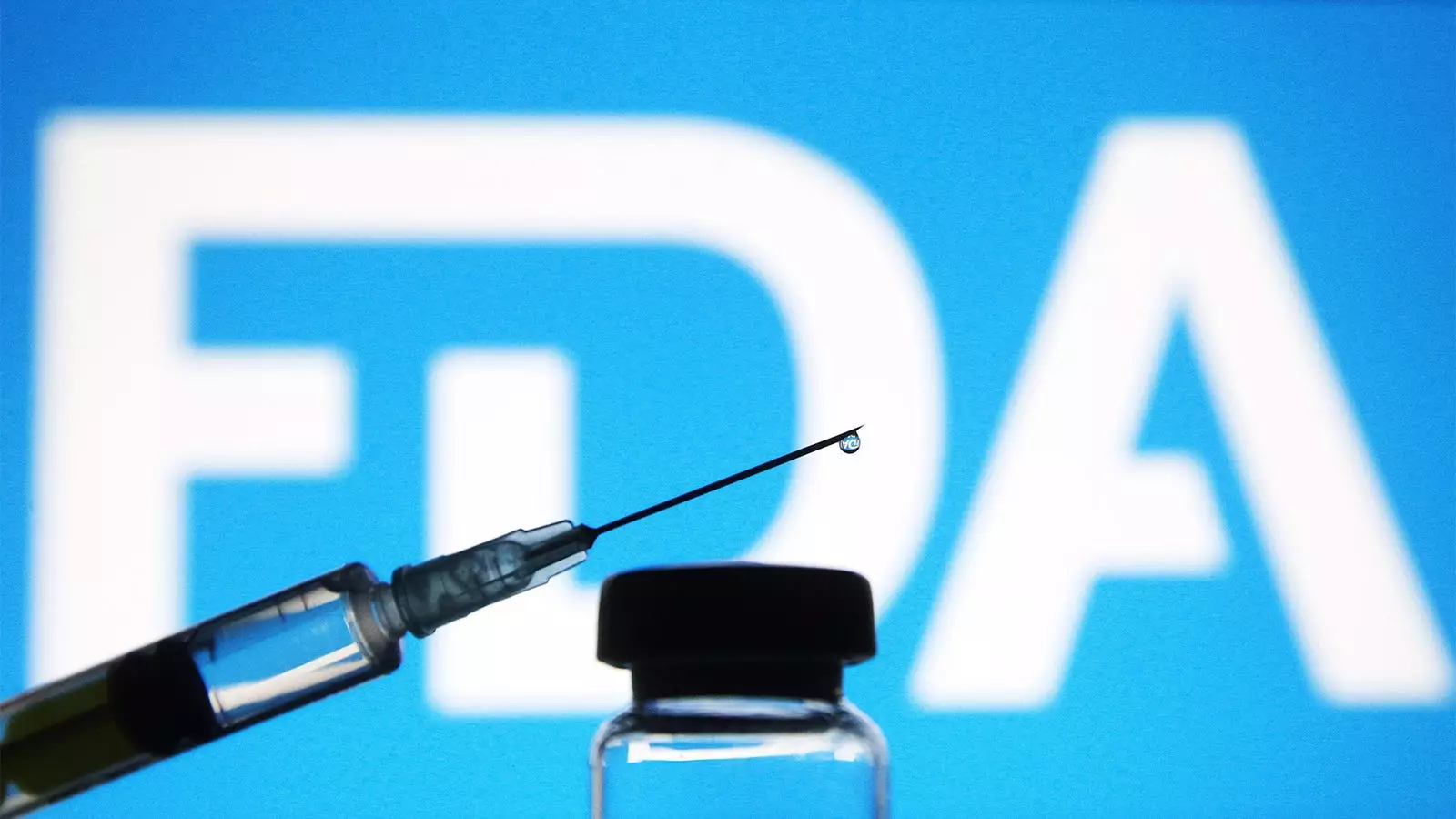The approval of a new drug by the FDA (Food and Drug Administration) is considered a significant milestone in the pharmaceutical industry. It signifies that a medication has undergone rigorous evaluation and its safety and efficacy have been demonstrated through carefully monitored research studies. However, recent findings suggest that the standards for FDA approval have shifted, raising concerns about the transparency and reliability of the process.
An Analysis of FDA Approvals
A collaborative effort between researchers has shed light on the evidence used to justify FDA approvals. The analysis, conducted by a team led by Veronica Irvin, PhD, MPH, at Oregon State University, and Amanda Koong, MS, a McGovern/University of Texas medical student, examined the evidence used for each new FDA approval. Their findings, published earlier this month, revealed a concerning trend.
In 2017, the implementation of the 21st Century Cures Act brought about changes in the approval process. This legislation relaxed the standards, making it easier for drugs to gain FDA approval based on a single trial. Previously, at least two well-controlled clinical investigations were required to demonstrate effectiveness. However, the analysis showed that in 2022, a single study was used to justify a staggering 65% of novel drug approvals, compared to only 20% in 2016.
Lack of Reporting and Transparency
The researchers delved further into the issue by examining the FDA approvals in 2017, the first year in which the Cures Act was in effect. Using data from ClinicalTrials.gov, they discovered that 41% of the products approved that year were based on a single trial. However, upon closer inspection, it became apparent that many studies had been initiated before the approvals. Shockingly, only about one in four of these studies had made their results public, even after five years.
Delayed Release of Results
Another concerning finding was the common practice of pharmaceutical companies withholding study results until after a drug is approved. The analysis revealed that 72% of medicines approved in 2017 had new information made public shortly after approval. This practice raises questions about bias and the selective release of favorable results, preventing consumers and healthcare providers from obtaining the full picture necessary for informed decision-making.
The Failure of Enforcement
Efforts to address the lack of reporting and transparency have fallen short. The FDA Amendments Act (FDAAA) included provisions to ensure the disclosure of clinical trial results, with the authority to impose fines of up to $10,000 per day for non-compliance. Yet, a report in 2021 exposed that the FDA had not issued a single non-compliance notice or imposed any fines. As a result, an estimated $19 billion in fines went uncollected, a substantial amount that exceeds the FDA’s annual budget allocation.
One argument may be that companies should be allowed to report their most compelling evidence to support a drug’s approval. While it is common practice in science to present the most pristine data, relying solely on single trials poses a significant risk. The researchers expressed concerns that a single study could produce a false positive result, emphasizing the importance of considering all completed studies to provide a more accurate basis for treatment decisions.
Promoting Transparency and Accountability
The researchers concluded their analysis with a call for increased transparency and access to all evidence regarding drugs. They argue that limiting public disclosure to a subset of selected studies creates an unfair bias and fails to provide a comprehensive understanding of a drug’s safety and efficacy. Enforcing existing federal policies and holding pharmaceutical companies accountable for reporting trial results in a timely manner is an essential step toward achieving better transparency and ensuring the availability of critical information for consumers and healthcare providers.
A Safer and More Informed Future
The FDA approval process serves as a cornerstone for the pharmaceutical industry, playing a vital role in protecting patient safety and ensuring the effectiveness of medications. However, recent findings highlight the need for improvements. Transparency and accountability must be prioritized to restore trust in the FDA approval process. By enforcing existing regulations and promoting the timely reporting of trial results, the FDA can create a more informed and equitable healthcare landscape, empowering patients and healthcare providers to make well-informed decisions about their treatment options.


Leave a Reply